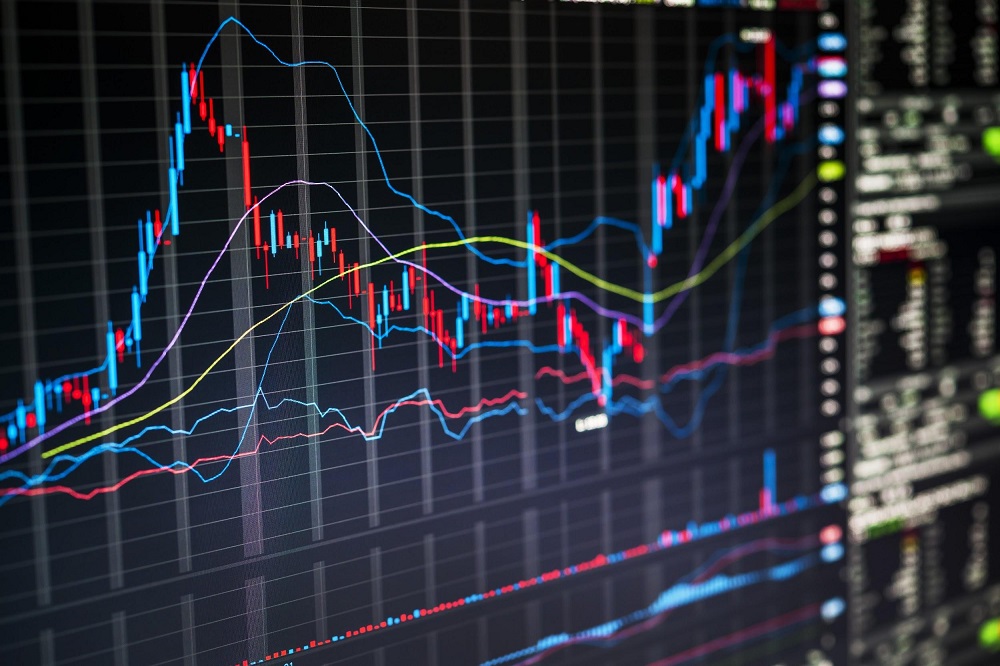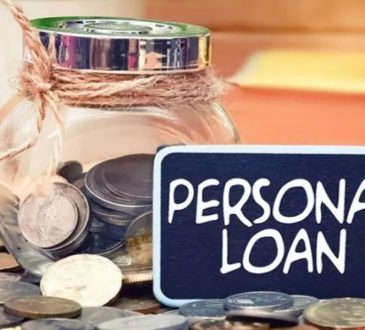
The trading of foreign exchange (forex) is a popular investment method that many people in the Netherlands have embraced. However, the forex market comes with some risks, as there are organisations and individuals that may be out to take advantage of unsuspecting investors. This can come in different forms, includingun authorised investment advice and false promises of high returns. To protect yourself when trading, you must know what to look for. This article will discuss how traders can be and stay vigilant when participating in the financial markets.
Do your research
The best way to protect yourself when trading in the Netherlands is to equip yourself with knowledge. Do background checks on any broker or organisation promising lucrative returns through investments. Research if they are registered with the AutoriteitFinanciëleMarkten (AFM) or De Nederlandsche Bank (DNB).
It is essential to learn about the different ways traders may fall into investment and trading traps to prevent yourself from doing so. Suspiciousactivity can range from false promises of high returns to unfounded advice, leading traders of all experience levels to be taken advantage of. You must also understand the risks associated with foreign exchange investments and ensure that your expectations are realistic.
Also, note any potential red flags. Be wary of companies that guarantee you a high rate of return with little to no risk involved or those who promise you return quickly. Check if the company offers services and products that are too good to be true, such as low-risk investments with high rates of return or guarantees of returns. There is no such thing as a guaranteed return when trading, as the financial markets are never totally predictable.
Stick to regulated brokers
When engaging with a broker, you should ensure that they are regulated. Regulated brokers must abide by specific rules and regulations protecting investors’ interests. Brokers registered with the AFM or DNB must comply with laws set out by these organisations and those set out by other international regulatory bodies. By dealing with a regulated broker, you can rest assured that your money is in good hands and your investments are safe.
Registered brokers must also provide their clients with all the necessary information about the product or service. Read through these documents carefully before investing, as it will provide valuable insights into how the investment works and what you can expect.
Keep track of your investments
Keep a close eye on your investments to ensure they perform as expected. Monitor changes in the market and stay updated with news related to your investment. Ensure that any profits are reported correctly, and never accept cash payments or transfer funds into an unknown bank account.
Keeping a trading journal to document any trades made and profits earned would also be wise. It will help you stay on top of your investments and spot discrepancies early on. Investing in the forex market requires discipline, so make sure you are always mindful of your actions.
Don’t fall for get-rich-quick schemes
As with any other form of investment, trading forex is not a guaranteed way to get rich quickly. Ensure that you understand the risks and don’t let yourself be seduced by unscrupulous brokers offering unrealistic rates of return. If something seems too good to be true, it probably is.
Diversify your investments and only invest what you can afford. Remember that no one knows the market’s future; any predictions are speculative and must be cautiously treated. Be wary of brokers who boast about their success and make outlandish claims about their investments.
Don’t trust unsolicited tips
When it comes to trading, you should trust your judgement. Don’t be swayed by unsolicited advice from other traders or brokers, especially ones without a strong financial track record or substantial trading experience. Do your research and ensure you understand the investment before engaging with it.
Be sure to question and verify any information you receive, especially if it comes from a source that cannot be verified. This can include fundamental and technical analysis reports on the Internet, tips given on investment forums, and advice on which instruments to buy. Verifying all information that you receive will help protect you from falling prey to unethical activities such as insider trading or market manipulation.
Ask for help
Feel free to ask for help if you need clarification on anything. Many resources, such as websites, forums, and financial advisors, are available to guide forex traders. Contact professionals if you need assistance understanding the market or choosing a broker.
You can also contact the AFM or DNB if you encounter suspicious activities or have questions about forex trading in the Netherlands. They are responsible for regulating the markets and protecting investors, so they will be able to provide you with valuable advice or point you in the right direction.




